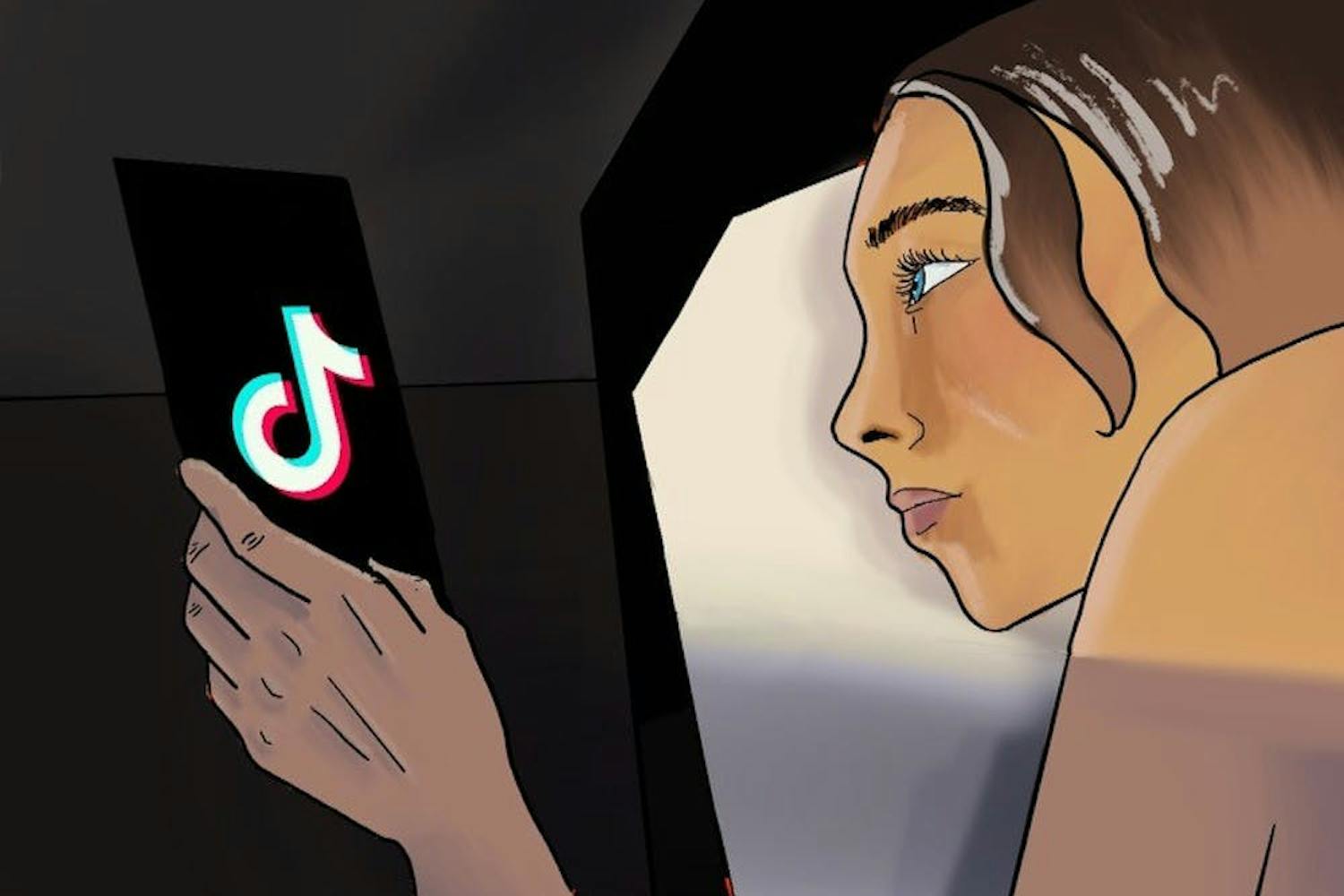 Do students have a right to dictate the contents of their curriculum? For conservative South Carolina legislators — who slashed funding from both the College of Charleston and the University of Southern Carolina Upstate last Wednesday for assigning incoming freshmen two books dealing with same-sex relations — the answer is a resounding yes.
Do students have a right to dictate the contents of their curriculum? For conservative South Carolina legislators — who slashed funding from both the College of Charleston and the University of Southern Carolina Upstate last Wednesday for assigning incoming freshmen two books dealing with same-sex relations — the answer is a resounding yes.
This measure not only reeks of censorship but also grossly misunderstands the concept of academic freedom, painting the student as a customer whose understanding of the world is something colleges should respect and cater to rather than confound and challenge.
Republican Garry Smith, who spearheaded the budget cuts, claims colleges are obliged to provide students with alternative reading options if the assigned reading causes them discomfort.
Comparing the assigned material — “Fun House” by Alison Bechdel and “Out Loud: The Best of Rainbow Radio,” an anthology of LGBT-themed stories — to “pornography” in a tweet last Thursday, it’s clear that Smith views himself as something of an academic arbiter.
“I understand diversity and academic freedom,” Smith said after the majority of South Carolina’s House of Representatives voted Thursday in favor of financially punishing the colleges. “This is purely promotion of a lifestyle with no academic debate.”
Smith further tweeted that “critical thinking allows for both sides to be freely debated, not pushing a social agenda of a few.”
First, by equating the lack of alternative reading options to a one-sided debate, Smith shows an ignorance of the classroom dynamic. Students are free to discuss as well as disagree with a book’s issues and themes in class, and unless they’re being prohibited from voicing their opinion on these matters, Smith’s call for two sides isn’t even necessary.
Besides being glaringly hypocritical and unconstitutional (politicians have no business meddling in the realm of academic affairs), Smith’s comments reflect a burgeoning consumer culture prevalent in today’s academic world that is at odds with the real meaning behind the “critical thinking,” a phrase Smith uses disingenuously.
Contrary to what people like Smith may think, college isn’t simply a diploma mill with the sole purpose of validating your professional worth to society. Rather, the more important function of college is to enlighten the worldview of its students to the diverse, unfair and insanely intricate reality of things. If this means shattering a student’s insular, innocuous image of the world, then so be it.
The whole notion of letting students opt out of anything that discomforts them is deplorable. Suppose a student refuses to read Harper Lee’s "To Kill a Mockingbird" because he or she morally objects to the offensive language therein. Or consider a Christian student who opts out of studying the works of Karl Marx and Sigmund Freud on the basis of their atheistic beliefs. Smith and his fellow legislators would stand behind the student’s superficial objection to these texts, promoting narrow-mindedness under the guise of academic freedom. While students are allowed to opt out of reading texts in high school, the idea that the government should censor these texts in the first place is absolutely wrong.
Smith would have students select the content of their curriculum. To hell with challenging irrational beliefs, racial prejudices and anything outside the norm, students should he able to pursue what interests them without having to bother with material impertinent to their majors on the right of their own wherewithal, right?
Although their education is coming out of their pocket, students possess neither the experience nor the comprehensive knowledge to dictate the contents of their curriculum. For this reason, students should not be regarded as customers with educations tailored to fit their belief systems, as this approach impairs the capacity for critical thinking.
The only agenda behind the assigned readings at Charleston and USC Upstate is the chance for students to broaden their horizons toward different perspectives. It’s why schools teach literature detailing the plight of various minorities from African-Americans to women to the immigrant experience.It’s a matter of building empathy between people of different backgrounds. For politicians to penalize schools for the contents of their curriculum goes against the spirit of a well-rounded education.
Reach the columnist at Alexander.Elder@asu.edu or follow him on Twitter @ALEXxElder




